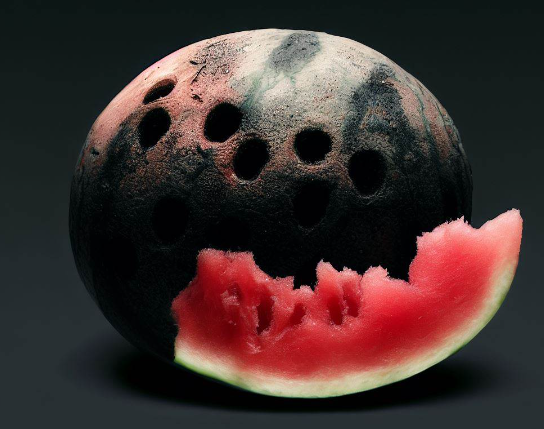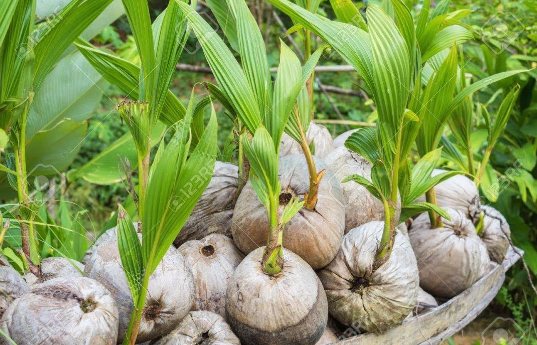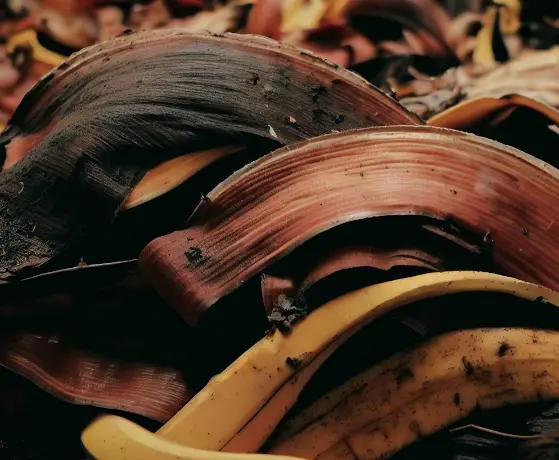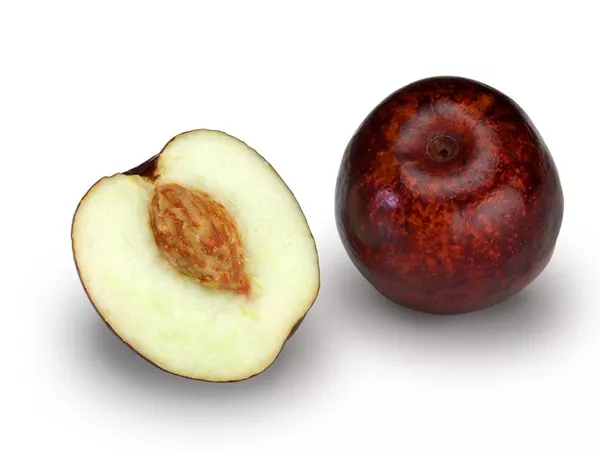Blackberries are tasty fruits that are not only perfect for eating fresh but also great for making desserts and spreads. If you want to grow your own blackberries, knowing what they need to flourish is key.
In this guide, we will discuss how crucial it is to give blackberry plants the right amount of water they need. By understanding their watering needs, you can help your blackberry plants grow healthy and produce lots of fruit.
Table of Contents
- Figuring Out the Right Water Amount for Blackberries
- What Affects the Amount of Water Blackberries Need?
- 1. Weather:
- 2. Soil Type:
- 3. The Size of the Plant:
- 4. Plant Growth Stages:
- 5. Making Fruit:
- 6. Around the Garden:
- How to Water Blackberry Plants at Different Growth Stages
- 1. Taking Care of Young Plants:
- 2. Looking After Grown-Up Plants:
- 3. When the Berries Are Coming:
- Recognizing Too Much or Too Little Water in Blackberry Plants
- How to Water Blackberry Plants Properly
- Wrapping Up
Figuring Out the Right Water Amount for Blackberries
For blackberries to grow well and give fruit, they need enough water. The actual amount they need can change because of different things such as where they’re grown, what the soil is like, and whether it’s hot or cool outside.
On average, blackberry plants should get about 1 to 2 inches of water weekly, which can come from rain or watering by hand. It’s very important to check the ground often to see if it’s dry or moist and change how you water based on that. This helps make sure your blackberries get just what they need.
What Affects the Amount of Water Blackberries Need?
If blackberry plants don’t get enough water, they might not grow well or make good fruit. You should know about the things that can change how much water they need.
1. Weather:
Blackberries like it when it’s kind of warm and a bit humid. If it gets really hot and dry though, they might need extra water to stay healthy.
2. Soil Type:
The kind of soil you have is very important. Sandier soil lets water run through it quickly, but clay soil keeps water for a long time. To grow blackberries best, you want loamy soil, which has just the right balance for holding and draining water.
3. The Size of the Plant:
Bigger plants with more roots need more water than smaller ones. Young blackberry plants don’t need as much water because they’re still growing their roots.
4. Plant Growth Stages:
At different times in their life, blackberries need different amounts of water. Young plants need to be watered often so they can grow strong roots. But older plants do better with less water that goes deeper into the ground, which helps make more fruit.
5. Making Fruit:
When blackberries are making fruit, they need more water so the berries can grow big and juicy. If they don’t get enough, the berries might be small or not shaped right.
6. Around the Garden:
Things outside like wind, sun, and humidity can also change how much water blackberries need. Too much wind or sun makes the plants dry out fast, but if it’s too humid, the plants might get sick, and you’ll need to watch how you water them even more closely.
Once you know about these things, you can figure out how to water your blackberry plants so they get just enough to grow strong and healthy.
How to Water Blackberry Plants at Different Growth Stages
It’s very important to water blackberry plants the right way at each stage of their life to keep them doing well. When they’re just starting out, you need to water them pretty often because they’re still getting their roots set up.
Let’s dig into some details on how to water blackberries during the different phases:
1. Taking Care of Young Plants:
Young blackberry plants are still working on growing strong roots, so you need to water them more than older plants. In their first year, make sure the soil stays damp without getting soaked.
You should give them a good, deep watering once or twice a week. Make sure the water goes down to where the roots are, which is about 6 to 8 inches into the ground.
2. Looking After Grown-Up Plants:
Adult blackberry plants don’t need water as often as the young ones. Give them a deep drink once a week so the roots get enough water, about 8 to 12 inches down.
But be careful not to water too much because that can hurt the plants. Check the soil by putting your finger about 1 inch down. If the soil feels dry, then it’s time to water.
3. When the Berries Are Coming:
When it’s time for the berries to grow, blackberry plants need more water than usual. Keep the ground moist (but not too wet) all the time to help the berries turn out just right. Water deeply once a week, making sure you get down to the roots, 8 to 12 inches down.
These are just general tips, and sometimes you might need to change them a bit depending on things like what your soil is like or the weather. Keeping an eye on the moisture in the soil will help you know how much to water your blackberry plants.
Recognizing Too Much or Too Little Water in Blackberry Plants
It’s really important to get the water just right for your blackberry plants, but you also need to know what happens if you give them too much or not enough. Here’s what you should watch for:
- Too Much Water: Giving blackberries too much water can cause problems like roots that rot. If the leaves turn yellow, the plants wilt, they grow slowly, or the soil feels squishy or smells bad, you might be overwatering.
- What Happens if Blackberries Don’t Get Enough Water: If blackberry plants don’t get enough water, they won’t grow well, their fruit might not form right, and the plants might start to wilt. You might notice that the leaves start to turn yellow, the soil feels very dry, and there aren’t new shoots growing. When you touch the earth and it feels dry, or the plant’s leaves are kind of stiff or break easily, these are clues that the plant isn’t getting enough water.
It’s really important to make sure your blackberry plants get just the right amount of water – not too much and not too little. You should check how moist the soil is often. A simple way is to put your finger into the soil about an inch deep. If it’s dry at that depth, the plants probably need water.
But if the soil feels wet, you shouldn’t water the plants right away; wait a few days instead. Paying attention to how wet the soil is can tell you whether you are watering too much or too little. If there’s a problem, it’s better to change how you water right away. If things are really bad, you might even have to move the plants to a place with soil that drains better or is a different kind of soil.
How to Water Blackberry Plants Properly
Watering blackberry plants isn’t always straightforward, and doing it correctly is a big part of caring for them.
Here are some helpful ways to water your blackberry plants:
Be Sure to Water Deeply:
When you water your blackberries, it’s good to make sure the water goes deep, about 8 to 12 inches, into the ground. This helps the roots to drink up enough water and grow strong, depending on where the plant is in its growth and the type of soil you have.
Keep the Watering Even:
Your blackberry plants will do best if they have a steady supply of water during their growing season. Make sure the soil stays damp but not too wet. Keep an eye on how wet the soil is and give the plants more or less water based on what they need.
Water Early in the Day:
It’s usually best to water your plants in the morning. By giving the plants water early, they have time to soak it up before the sun gets hot. Avoid watering your plants late in the day because this might cause water to stay on the plant’s leaves and fruit overnight, which can cause disease.
Try Soaker Hoses or Drip Irrigation:
Using things like soaker hoses or drip irrigation can save water and make sure your blackberries get the moisture they need right where it counts. These tools deliver water directly to where the roots are, reducing the amount of water that gets lost to things like evaporation or running off.
Put Mulch Around Your Plants:
Mulching around your blackberry bushes can help keep the soil moist and mean that you don’t have to water as often. Spread some natural mulch like straw or leaves around the plants but keep it away from the main stems. This helps the soil hold onto water, keeps weeds down, and stops the soil from being washed away.
Following these methods for watering can really make a difference by making sure your blackberry plants get the right amount of water they need to grow and give you lots of fruit.
Wrapping Up
Having enough water is super important for blackberry plants to grow well and make fruit. They might need different amounts of water depending on the soil, where they are, and what the weather’s like.
Especially when fruits are forming, the plants need more water. To avoid giving them too much or too little, you have to frequently check how wet the soil is and change how you water them if needed. If you use the right ways to water blackberries, you can help make sure they get the perfect amount of water to grow well and bring in a big harvest.
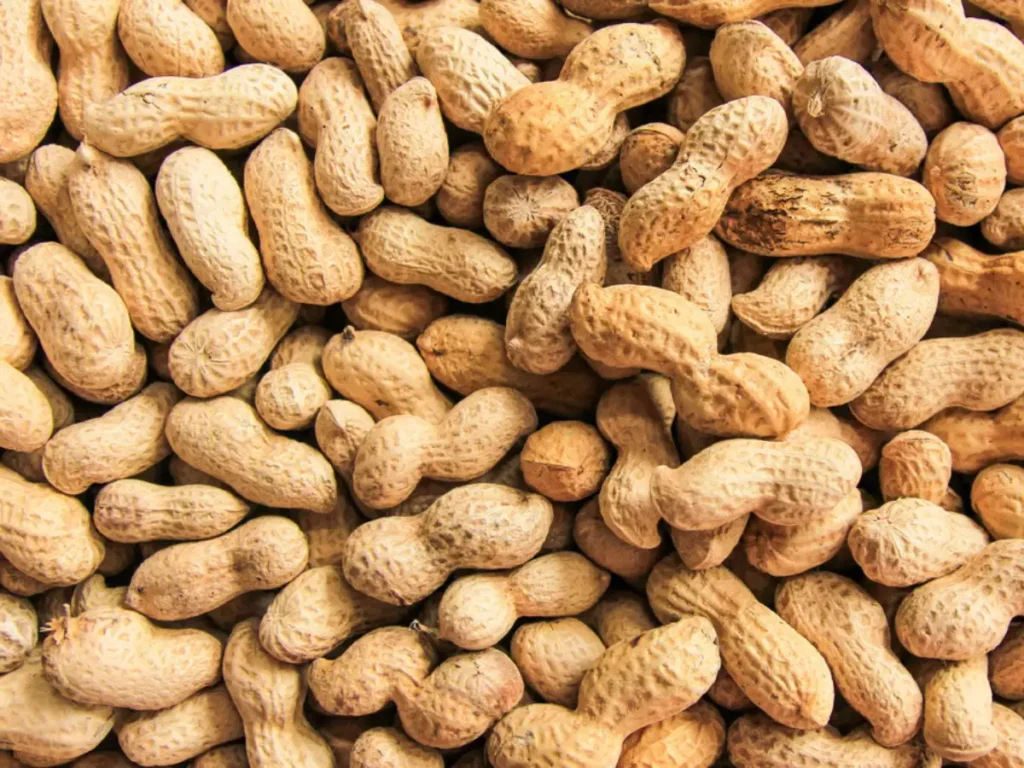
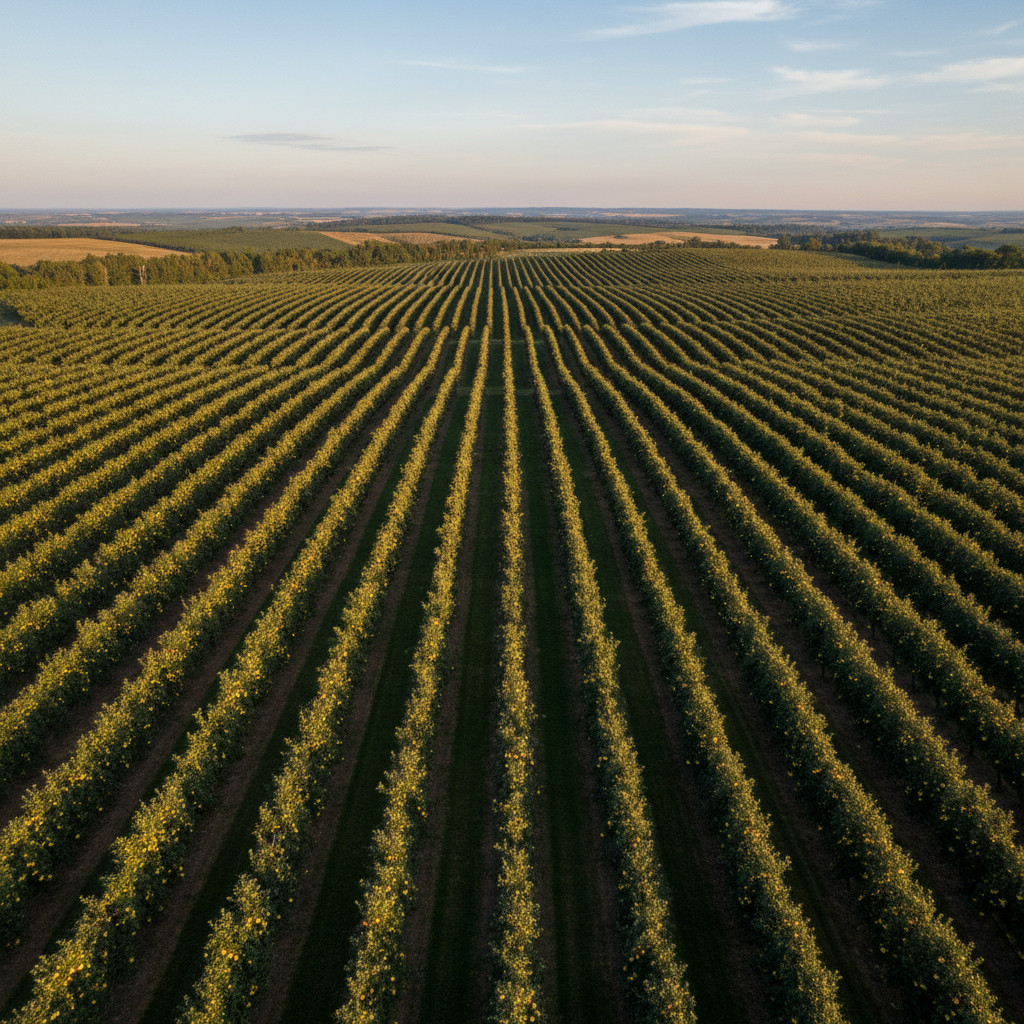
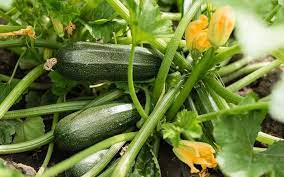
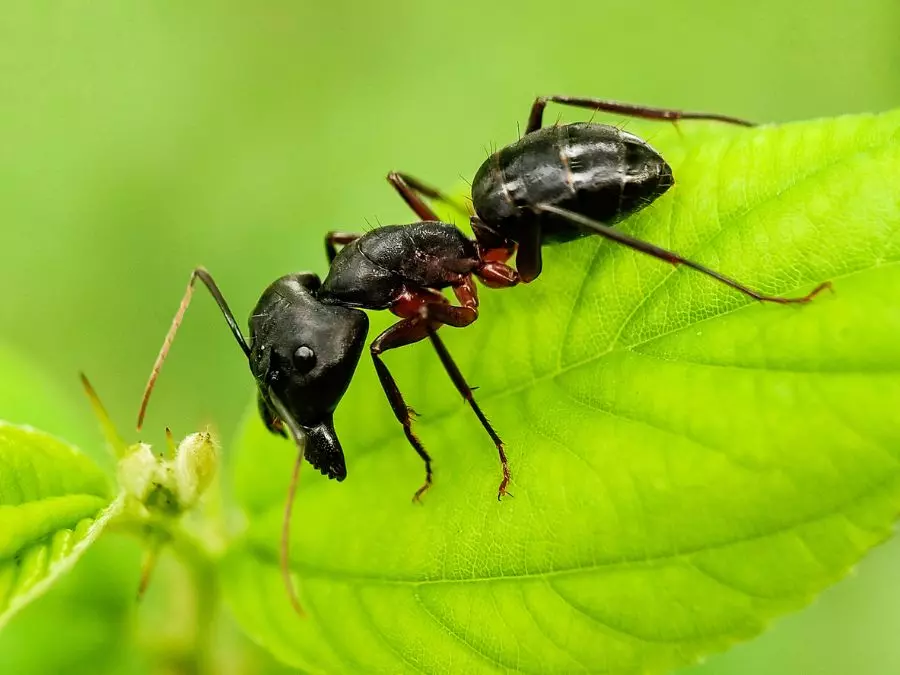

![What Kind Of Fruits Grow On Palm Trees? [10 Most Common Ones]](https://fruitonix.com/wp-content/uploads/2023/08/image-126-1024x683.png)
